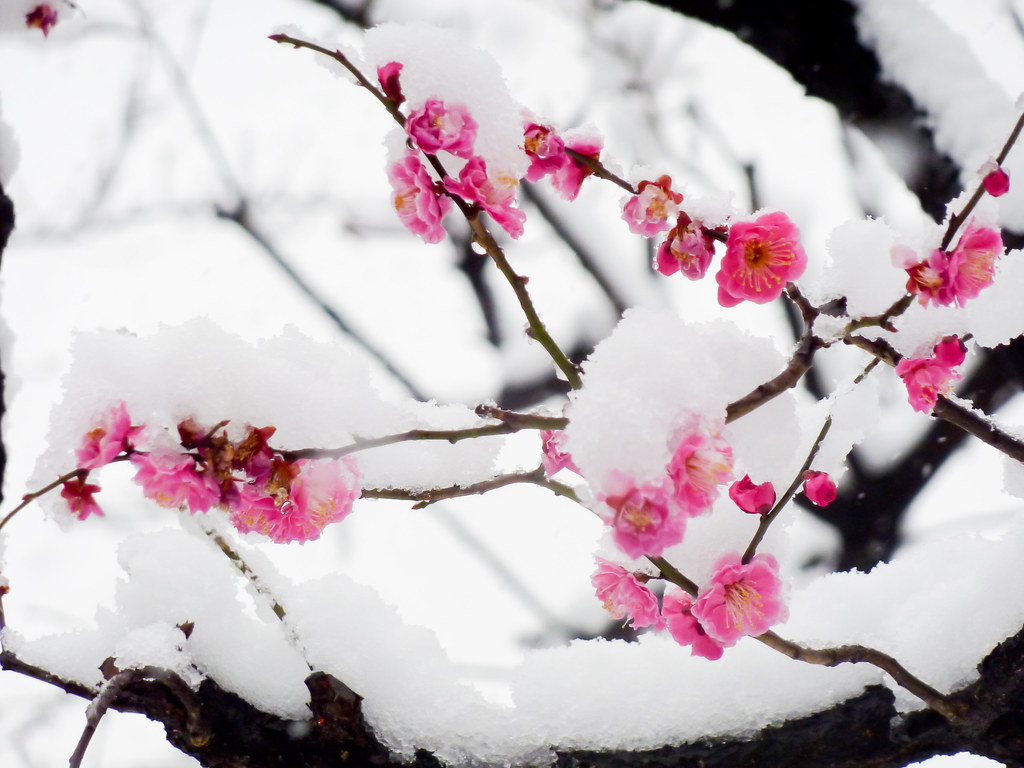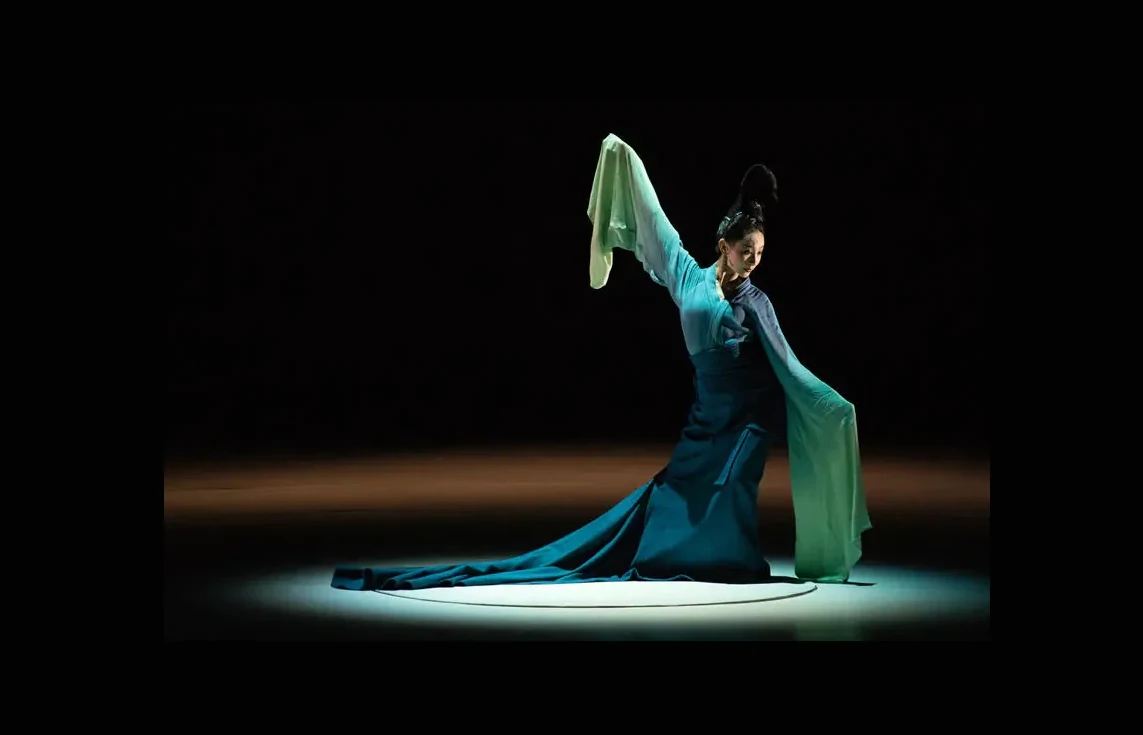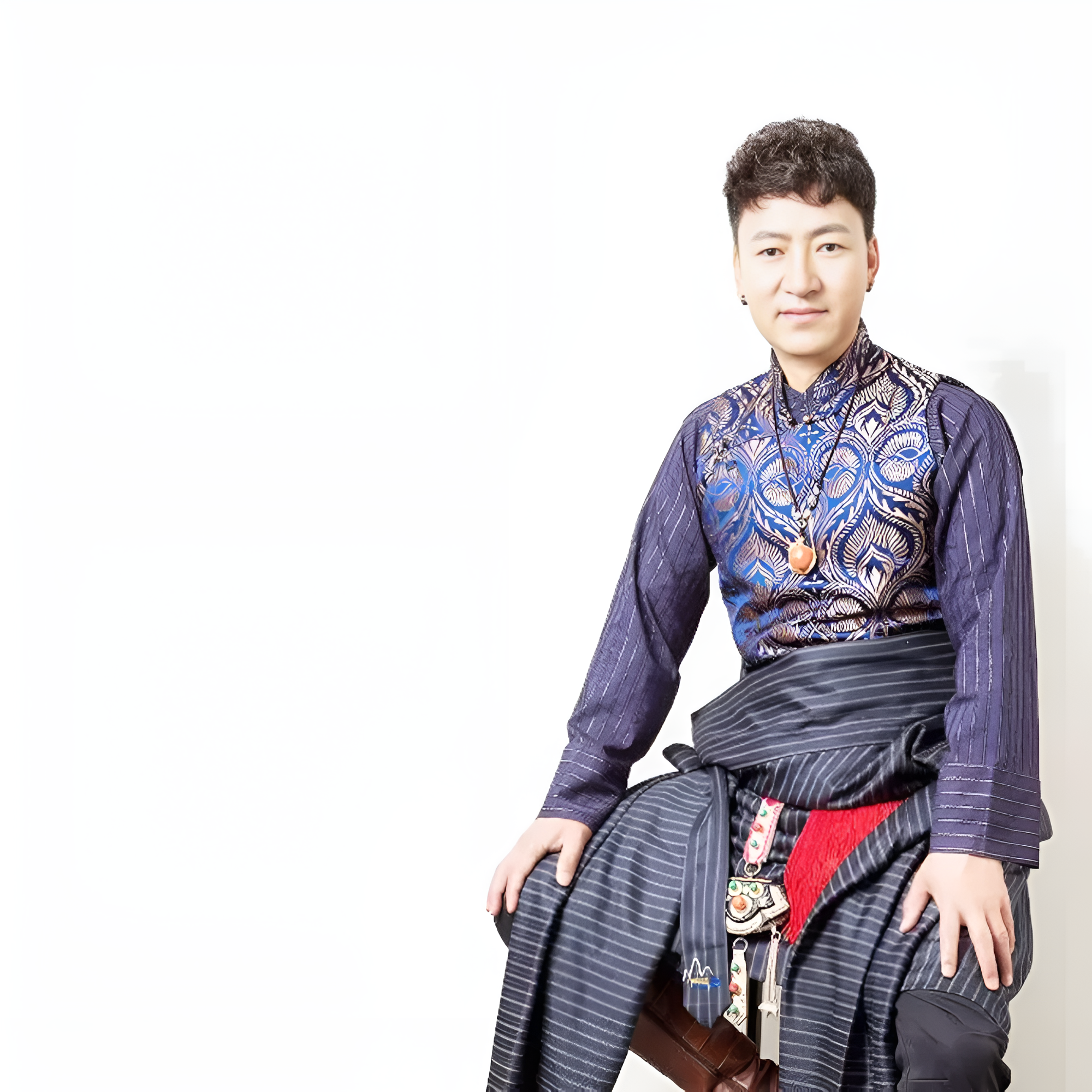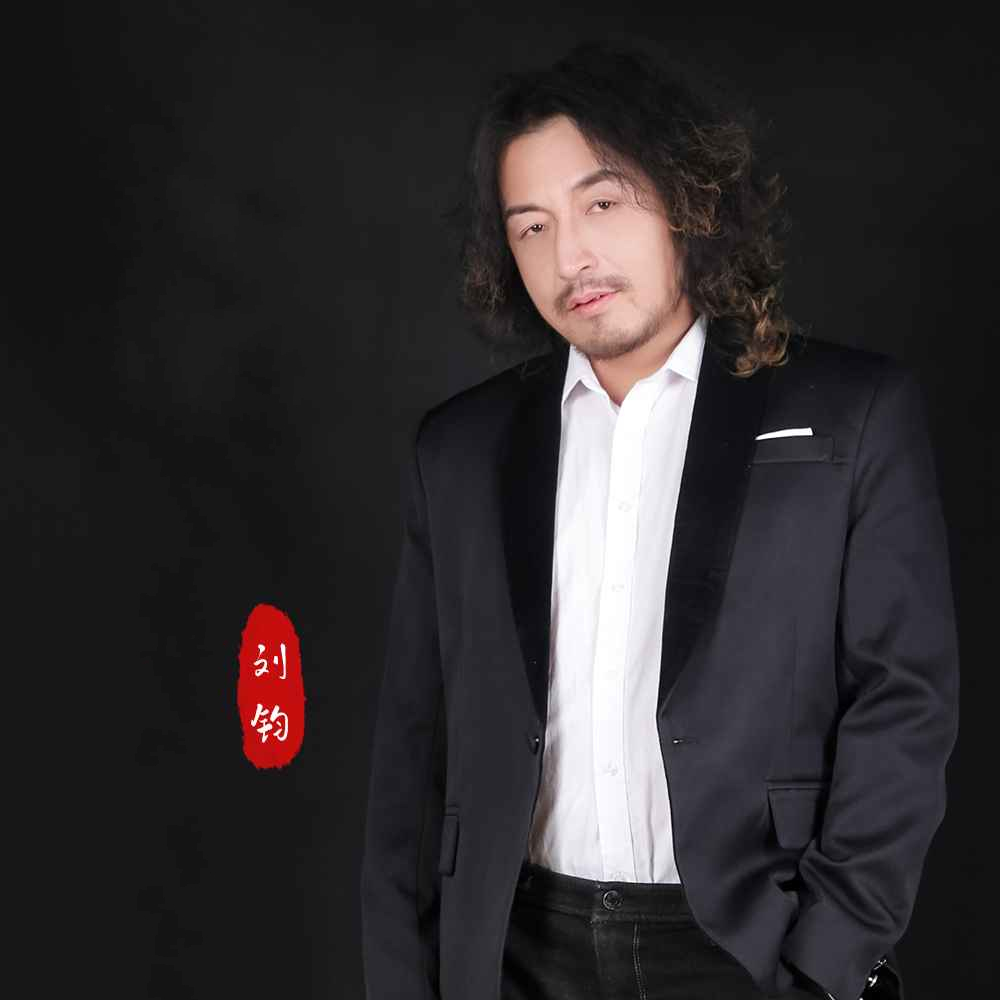

Dominio de Pingus is a Spanish winery located in Quintanilla de Onésimo in Valladolid province with vineyards in La Horra area of the Ribera del Duero region. The estate's flagship wine, Pingus, is considered a "cult wine", sold at extremely high prices while remaining very inaccessible,[1][2] and commands an average price of $811 per bottle.[3]
The winery also produces a second wine, Flor de Pingus, and a special cuvée, Ribera del Duero "Amelia". Recently, Dominio de Pingus has founded a joint project with local grape producers to make an old vine tempranillo called "PSI".
Dominio de Pingus was established in 1995 by Danish oenologist Peter Sisseck, also manager of the Pesquera de Duero estate Hacienda Monasterio.[4] On the estate's winemaking philosophies, Sisseck has stated, "The vines in my plots are very old. They have never been fertilised nor treated with pesticides and all grow following the traditional en vaso system. They are perfect."[4]
About the first 1995 vintage of Pingus, Robert Parker declared, "One of the greatest and most exciting wines I have ever tasted".[5] With a very limited first vintage production, only 325 cases were made with prices initially set at US$200 per bottle, it became yet more scarce when in November 1997 the ship transporting a U.S. bound shipment of 75 cases disappeared somewhere off the Azores in the North Atlantic Ocean.[6] The shipwreck resulted in a dramatic reaction in the US market, with prices soon rising to $495 per bottle.[5][6]
At the Ronda WineCreator conference of April 2008, Sisseck was angered by suggestions by Decanter editor Guy Woodward that some winemakers make wines to suit the palates of certain critics. In response he called Woodward's remarks arrogant for implying winemakers do not have their own opinions, adding, "I don't even think it is possible to do this."[7]
In 2007 it was announced that the Spanish government had approved plans to expand highway roads through the vineyards of Dominio de Pingus and other wineries, which was met with strong opposition by Sisseck who called it a "vengeful measure".[8]
Planted with very old vines of Tinto Fino, i.e. Tempranillo, the vineyards are 2.5 hectares (6.2 acres) in Barrosso with vines exceeding 65 years and 1.5 hectares (3.7 acres) in San Cristobal with vines older than 70 years, and the unusually low average yield of 12 hL per hectare. Since 2000, the viticulture has been biodynamic. Of the annual production of Pingus there is typically less than 500 cases, though in poor vintages no Pingus is made.
The production of the second wine Flor de Pingus, also 100% Tempranillo, is made with fruit from rented vineyards in the La Horra zone, with vines older than 35 years. Since the 2005 vintage, the viticulture has been biodynamic. The annual production is on average 4,000 cases.
Additionally there has been the single barrel cuvée, Ribera del Duero "Amelia", made from a vineyard parcel of 100+ year old vines with an average yield of 10 hL per hectare, with biodynamic viticulture since its initial 2003 vintage. The 2005 vintage had a production of 25 cases.
"PSI" is a joint project based on fruit produced by local grape growers from old tempranillo vines. The goal is to help grape producers and save old vines. Project was founded in 2006, first vintage was 2007. Grape growers are encouraged to employ biodynamic or organic vineyard management practices. The wine is made by Peter Sisseck and Pablo Rubio and sold under producer name Bodegas y Viñedos Alnardo. Vinification takes place in large concrete vats and aging in concrete and wooden tanks and oak barrels. Production of PSI 2009 was 9,600 cases, PSI 2010 was 16,600 cases.

几度春风里
看花谢花开
含羞的春蕾令人爱
这前世的缘怎能不在
今生呵护你永不残败
倘若风雨他日来
枝叶凋零还有傲骨在
即便寒冷雪花飞
我伴梅花报春来
一抹斜阳下
谁婀娜多彩
百媚千姿涂粉黛
俏不争春立两岸
花香直挂云天外
倘若风雨他日来
枝叶凋零还有傲骨在
即便寒冷雪花飞
我伴梅花报春来
倘若风雨他日来
枝叶凋零还有傲骨在
即便寒冷雪花飞
我伴梅花报春来




远去的脸庞
像婴儿般安详
清澈的眼睛
闪着温暖的光
围在火堆旁
看老照片
记忆停在家乡
带上母亲的托付和渴望
远去的记忆
仿佛还在身旁
南来的脚印
像鸿雁排成行
告别了北方
回家的路依然漫长
带上父亲的心愿和希望
天上星星排成行
在目送孩子回家乡
林木健朗 风雪逐浪
年轻的生命在路上
人间岁月山水长
是热血让青春闪光
天涯滚烫 落日金黄
孩子的牵挂 永远是家乡
远去的记忆
仿佛还在身旁
南来的脚印
像鸿雁排成行
告别了北方
回家的路依然漫长
带上父亲的心愿和希望
天上星星排成行
在目送孩子回家乡
林木健朗 风雪逐浪
年轻的生命在路上
人间岁月山水长
是热血让青春闪光
天涯滚烫 落日金黄
孩子的牵挂 永远是家乡


有一个姑娘名叫娥嫚
她家住在陇上江南
流水啊匆匆的
送走了时间
送不走人们深深的卷恋
有一个姑娘名叫娥嫚
她的期盼从未改变
雪山啊高高的
垒起了思念
山遥路远
只为今生见一面
官鹅山水间
剪不断的情缘
眼里的星晨啊
只因她而璀璨
每一轮日出日落
月缺月圆
诉说着官鹅的故事
一直到永远
一直到永远
有一个姑娘名叫娥嫚
她的期盼从未改变
雪山啊高高的
垒起了思念
山遥路远
只为今生见一面
官鹅山水间
剪不断的情缘
眼里的星晨啊
只因她而璀璨
每一轮日出日落
月缺月圆
诉说着官鹅的故事
一直到永远
官鹅山水间
剪不断的情缘
眼里的星晨啊
只因她而璀璨
每一轮日出日落
月缺月圆
诉说着官鹅的故事
一直到永远
一直到永远
DJ版

我用我自己的流浪
换一个在你心里放马的地方
像那游牧的人们一样
把寂寞忧伤都赶到天上
我愿我所有的愿望
追随你走在每个迁徙的牧场
像我放牧的马儿一样
让爱的旅途都沾满阳光
是你在我身上 刻下游牧时光
我愿把心儿放在你的歌声飞翔
今夜对着月亮 思恋风吹草浪
有你相守在身旁 我醉了又何妨
我愿我所有的愿望
追随你走在每个迁徙的牧场
像我放牧的马儿一样
让爱的旅途都沾满阳光
是你在我身上刻下游牧时光
我愿把心儿放在你的歌声飞翔
今夜对着月亮 思恋风吹草浪
有你相守在身旁 我醉了又何妨
有你相守在身旁 我醉了又何妨






旅馆寒灯独不眠,客心何事转凄然。
故乡今夜思千里,霜鬓明朝又一年。
译文及注释
住在客栈里,独对残灯,睡不着觉。不知什么缘故,诗人的心情变得十分凄凉悲伤。
在这除夕之夜,想象故乡人思念千里之外的自己的情景,而明天又要增加一岁,新添不少白发啊。佳节思亲是常情,历来如此。但除夕之夜,“独不眠”、“转凄然”、“思千里”,还有一层意思:到了明天,就又增加一岁,包含了诗人年复一年老大无成的伤感。
译文
旅馆里透着凄冷的灯光,映照着那孤独的迟迟不能入眠的客人。这孤独的旅人是为了什么事情而倍感凄然呢?
故乡的人今夜一定在思念远在千里之外的我;我的鬓发已经变得斑白,到了明天又新增一岁。
注释
除夜:除夕之夜。
客心:自己的心事。转:变得。凄然:凄凉悲伤。
霜鬓:白色的鬓发。
明朝(zhāo):明天。













